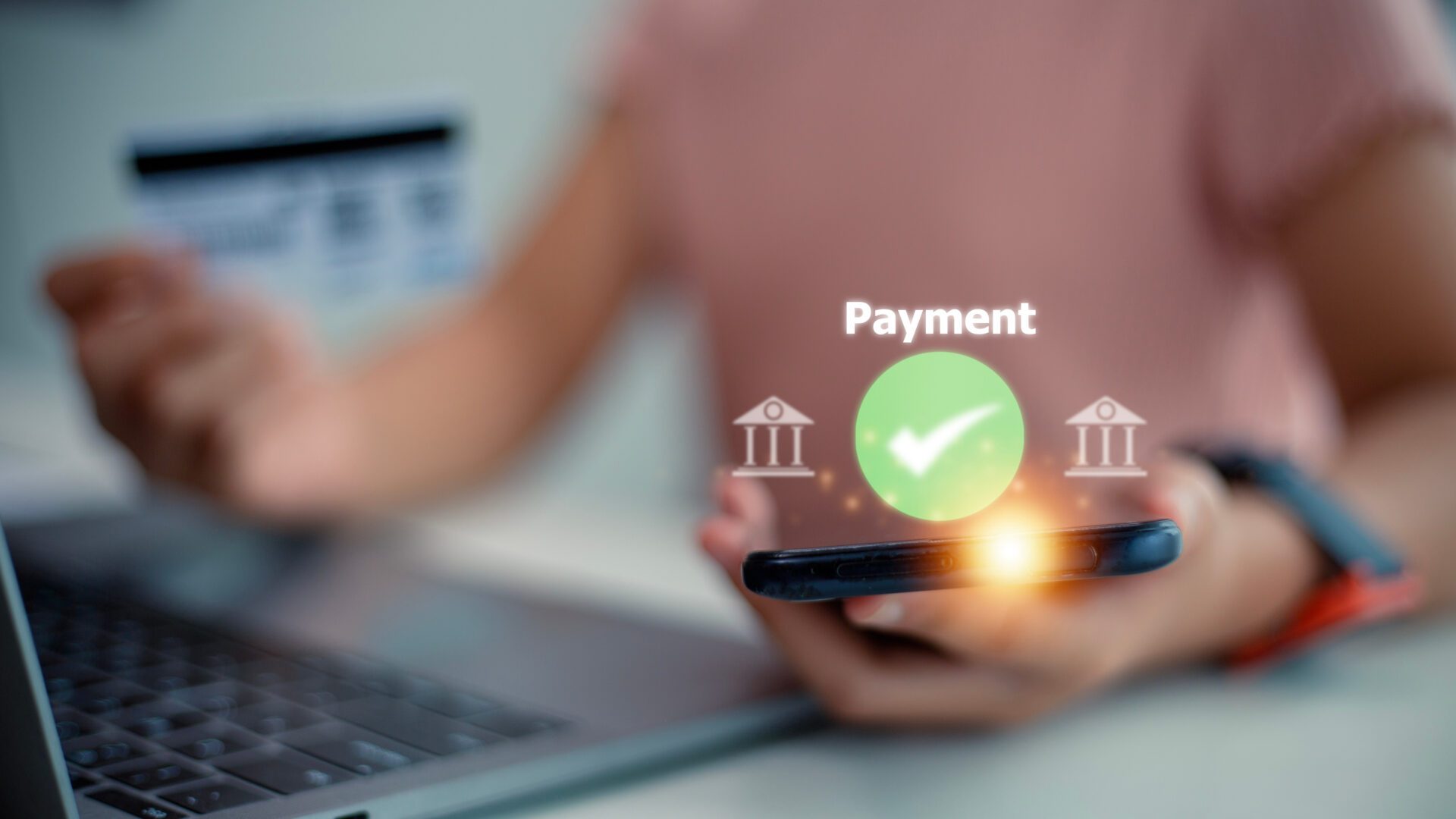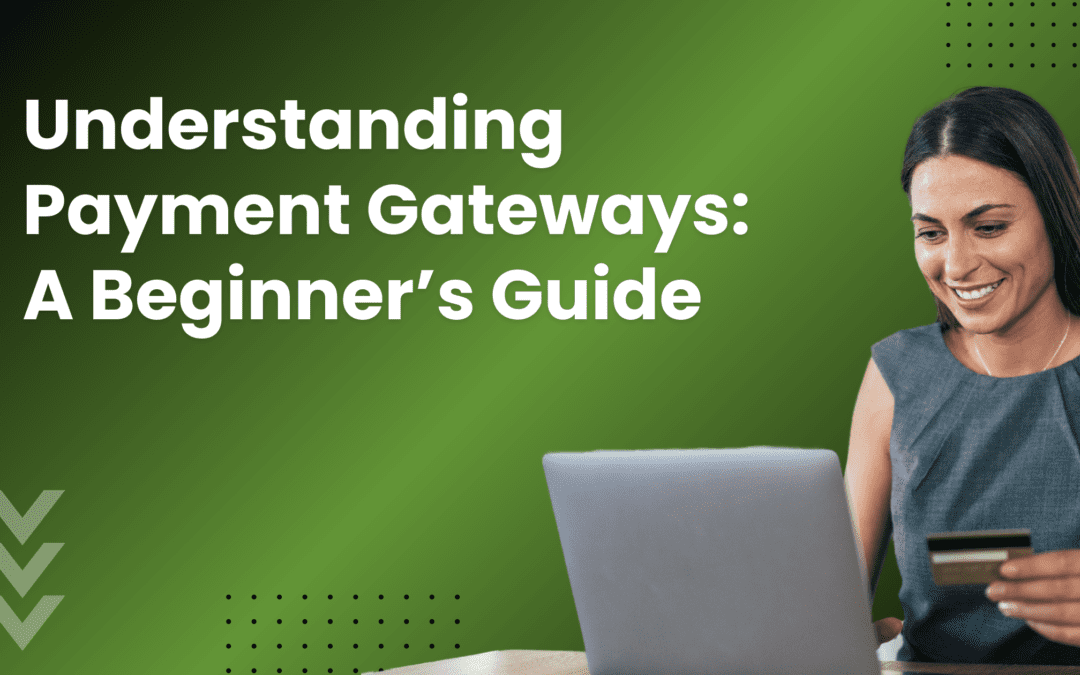- Payment gateways are necessary for secure transactions, whether online or in-store. They handle payment data, encrypt sensitive information, and communicate with banks to provide smooth transactions.
- There are different types of payment gateways, including hosted, integrated, non-hosted, and direct post gateways, each with unique benefits.
- Choosing the right gateway involves considering costs, features, integration ease, security, and whether a merchant account is needed.
Payment gateways are the unsung heroes that make secure online transactions possible. Whether you’re running an e-commerce store, offering online services, or simply collecting donations, you’ll need a reliable way to process payments. With online payment fraud costing companies billions of dollars each year, choosing the right payment gateway is crucial for protecting financial transactions.
This guide will help you understand the basics of payment gateways, how they function, and why they are important for anyone involved in online transactions.
What Is a Payment Gateway?
A payment gateway is key to every transaction, online or in-store. It acts as the front-line technology that gathers, sends, and approves customer payment details. This tool integrates directly with payment systems, supporting different payment types—from credit cards to mobile payments.
By encrypting sensitive data and handling communication between banks and customers, a payment gateway keeps transactions secure and fast, helping your business run smoothly.
When to Use a Payment Gateway
In an online environment, payment gateways are important for verifying the authenticity of credit cards and ensuring secure transactions. Without one, you risk falling victim to fraud from customers using fake information. Here are a few scenarios where using a payment gateway makes sense:
- Launching an Online Store: If you’re setting up an e-commerce site, a payment gateway will handle online payments securely, giving your customers confidence in their transactions.
- Taking Payments by Phone: If you’re accepting payments over the phone, a payment gateway allows you to process transactions without needing a physical card.
- In-Person Payments Without a Full POS System: For businesses that want to accept payments face-to-face but don’t want to invest in a full point-of-sale system, a payment gateway can simplify the process and reduce costs.
How Payment Gateways Work
Understanding how payment gateways work can clarify their importance in transactions. Here are the key steps involved in a typical transaction:
- Customer Makes a Purchase: The customer browses your products, whether online or in-store. They add items to their cart and proceed to checkout. If shopping online, they enter their payment details; if in-store, they present their card to you.
- Encryption of Payment Information: The payment gateway encrypts the customer’s payment information. This step is important for protecting sensitive data during transmission.
- Authorization Request: The gateway sends a request to the customer’s bank to authorize the transaction. This ensures that the funds are available and that the payment method is valid.
- Approval or Denial: The bank checks the customer’s account status and decides whether to approve or deny the request.
- Completion of Transaction: If approved, the payment gateway completes the transaction, transferring the funds to your merchant account.
This entire process takes just seconds, demonstrating how payment gateways manage multiple steps to keep transactions both fast and secure for your business.
Types of Payment Gateways for Your Business
It is important to understand the different types available, each offering unique benefits for various business needs. Here’s a breakdown of the main types, tailored to help you choose the right fit for your operations.
Hosted Payment Gateways
This model redirects customers to an external payment processor’s page to complete their purchase. These gateways manage the entire transaction process, including data security and compliance with standards like PCI DSS.
However, the drawback is that customers leave your website to make a payment, which could interrupt their shopping experience and potentially affect conversions.
Integrated Payment Gateways
Also known as on-site gateways, they keep the entire transaction on your website without redirecting customers elsewhere. This approach helps in maintaining brand consistency and a seamless user experience.
However, integrated gateways often involve a more complex technical setup and a higher level of security, as your business takes on responsibility for protecting customer data. Despite these added requirements, integrated gateways are a strong option for larger businesses that want to provide a professional and cohesive checkout experience.
Non-Hosted Payment Gateways
These operate on your website but may involve third-party resources for specific processes, creating a balance between integration and convenience. This setup allows for some customization over the checkout experience while seeking external support when needed.
Non-hosted gateways can be beneficial for businesses that need control over certain aspects of payment processing but may require more technical expertise.
Direct Post Payment Gateways
Direct post gateways allow your business to collect payment information directly on your site before sending it to the payment processor. This setup keeps customers on your site during checkout, creating a seamless experience. While direct post gateways offer a high degree of control and customization, they also require advanced security and technical capabilities to protect sensitive information.
Each payment gateway type offers unique features and trade-offs. When selecting the right gateway, consider the needs of your business, the level of control you want over the transaction, and the technical resources available to maintain a secure and streamlined checkout experience.
Payment Gateways and Fraud Prevention
Payment fraud includes any dishonest or illegal activity that takes advantage of payment systems to access funds or financial information. This can involve identity theft, unauthorized purchases, or schemes to obtain refunds fraudulently. Small businesses are the prime target of these frauds because they sometimes lack the robust security frameworks that protect larger corporations.
How Payment Gateways Combat Fraud

In 2023, global retail e-commerce sales were about 5.8 trillion U.S. dollars. This is expected to grow by 39% and reach over 8 trillion dollars by 2027. While this growth brings new opportunities, it also highlights the importance of strong security measures, including reliable payment gateways, to safeguard against fraud. These gateways offer a range of effective tools to improve transaction safety, such as:
- Real-Time Monitoring: Most payment gateways monitor transactions as they occur, analyzing payment data to identify patterns that may indicate fraud. This monitoring is instantaneous, allowing for quick responses to suspicious activity.
- Fraud Detection Tools: Many gateways utilize advanced machine learning algorithms to identify unusual transactions. These tools can recognize fraud indicators, such as unusual spending patterns, high-risk locations, or multiple failed payment attempts. By catching these red flags early, payment gateways can stop fraudulent activities before they impact your business.
- Secure Data Encryption: Payment gateways protect sensitive customer information through encryption. This process scrambles data so that it cannot be read, even if it is intercepted. Encryption is important for maintaining customer trust and safeguarding your business’s reputation.
- Tokenization: They replace sensitive payment information with unique identification symbols or tokens. This means that even if someone accesses your payment data, they won’t have access to the actual credit card numbers or bank details. It adds an extra layer of security to the transactions.
- 3D Secure Authentication: This feature adds a step during checkout, prompting customers to verify their identity through a one-time password or biometric recognition. This extra layer of authentication helps confirm that the person making the transaction is a legitimate cardholder.
- Chargeback Management: A reliable payment gateway provides tools for managing chargebacks, which occur when a customer disputes a transaction. By using data analytics, these tools can help you identify potential issues and reduce charges before they escalate.
Factors for Choosing the Right Payment Gateway
When selecting a payment gateway for your business, here are some key factors to keep in mind:
Cost
Payment gateways come with their own fees. Evaluate any transaction fees, setup costs, and monthly charges associated with each gateway. Some charge a flat rate per transaction, while others have variable rates, so consider what fits best with your transaction volume.
Features
Look for a payment gateway with features that support your business needs. Common options include electronic invoicing, acceptance of all major payment types (credit, debit, and mobile payments), and automated reminders through text or email. Some gateways also offer tools for managing chargebacks, helping you reduce potential losses from disputed transactions. Generally, they come with more options than basic processors since they’re tailored for online use.
Ease of Integration
Choose a gateway that integrates smoothly with your existing systems. Whether you’re running an online store, POS system, or mobile app, a compatible gateway saves you time and keeps your checkout process efficient.
Security
Most payment gateways include built-in security measures, such as encryption and fraud detection. As you compare gateways, look for specific safety features they offer, such as tokenization or 3D Secure and choose the level of protection that’s right for your customers’ data.
Merchant Account Requirement
A merchant account is a dedicated bank account where payments can be held before they’re transferred to your business account. Some payment gateways require you to have one, while others don’t. A merchant account typically helps streamline transactions and may come with lower fees. Without one, you may be subject to additional charges if using a personal bank account, so it’s worth checking if this applies to your preferred gateway.
Why Mena Pay is the Smart Choice for Modern Payment Solutions
Choosing the right payment gateway is important for smooth transactions, security, and customer satisfaction. That’s why partnering with Mena Pay is a smart choice for you. We support all types of businesses—from retail shops to online cafes—by providing reliable and personalized payment solutions.
We collaborate with industry leaders like Fiserv, Payment Cloud, and Clover to deliver cutting-edge technology that integrates seamlessly. Our advanced security measures protect every transaction, and our dedicated support team is here to provide the assistance you need for smooth operations.
Want to upgrade your payment processing? At Mena Pay, we specialize in secure and efficient payment solutions tailored to your business needs. Our expert team is ready to assist you in streamlining your transactions and improving customer satisfaction. Contact us today to learn how we can support your business!

